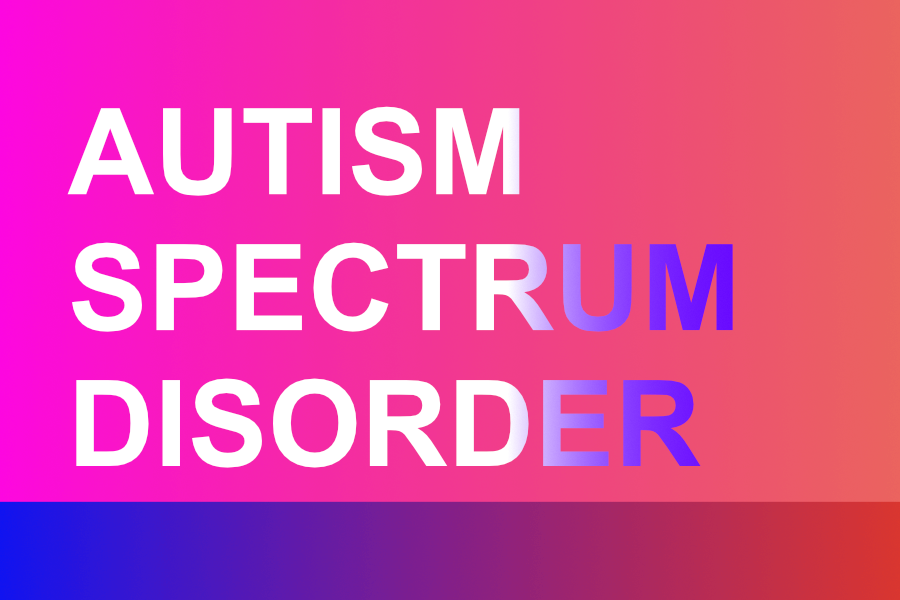Learn about Generalised Anxiety Disorder (GAD)
What is Generalised Anxiety Disorder?
Generalized anxiety disorder, or GAD, is a mental illness. It belongs to a group of illnesses called anxiety disorders. GAD is associated with excessive and uncontrollable worry, as well as significant somatic complaints, lost productivity at work, impaired social relationships, and role functioning, and increased medical service cost. Moreover, the course of GAD appears to be chronic and unremitting.
People living with GAD worry much more than other people, and they worry more often than other people. They often worry about many different activities of daily life, such as their home, work, finances, family, health and the future. People living with GAD also find it hard to control or stop worrying once they start to worry. Worrying all the time can be hard on your body and as such, GAD can leave you feeling tired, restless or irritable all the time. It can also make your muscles sore and make it hard for you to unwind, sleep or concentrate. GAD can also cause stomach problems, headaches and other physical health problems.
Day-to-day worries are a normal part of life and some worries are a good thing. Normal worry tells us when we might be in trouble or when something might be wrong. It’s also perfectly normal to feel more worried than usual if you’re experiencing a stressful or difficult event like losing your job.
Worry becomes generalized anxiety disorder when it’s an extreme reaction to daily life, when it’s difficult to control, when it happen most days for several months and when the constant worry affects your body and your life. Many people with GAD say they can’t remember the last time they felt relaxed. The disorder can last for a long time, though symptoms may feel better or worse at times.
Prevalence and Outcomes
- 2-5 % of the population suffer from GAD, yet the condition accounts for 30% of mental health problems seen by GP’s. Source: www.mentalhealth.org.uk/publications/living-with-anxiety (2014)
- Females are twice as likely as males to experience GAD.
- Individuals of European descent tend to experience GAD more than individuals of Non-European descent.
Causes of Generalised Anxiety Disorder
GAD can develop when you can’t cope well with your internal stress. It also runs in families, but it’s not understood why some people get it and others don’t. Researchers have shown that the areas of the brain that control fear and anxiety are involved.
The symptoms of GAD can happen as a side effect of a medicine or substance abuse. It can also be related to medical conditions, such as hyperthyroidism, that increase hormones. This can make the body response more excitable. GAD can be triggered by family or environmental stress. Chronic illness and disease can also trigger GAD.
Treatment for GAD
Cognitive Behavioural therapy has modest effects with around 50% of clients achieving significant clinical improvement. Depending on the level of severity of each individual GAD, treatment will be approached differently following an individualised treatment plan. The severity will be captured at assessment following a relevant treatment protocol. For moderate to severe cases, 8 – 16 sessions of CBT are recommended. For severe to chronic cases, 20 sessions of CBT delivered to a specialist treatment protocol for GAD, combined with drug treatment, is recommended.
‘’Thoughts don’t matter, your response to them does’’. (Wells, 2009)
More details regarding Generalised Anxiety Disorder (GAD)
See nhs.uk
Please feel free to get in touch with us if you have any questions about the psychological therapies we offer at our facilities that could be able to help with generalised anxiety disorder (GAD).
Trusted & Private Therapy
Our therapy and counselling services extend to both adults and children. We can work on an individual one to one basis, with couples, families and also groups. We provide a safe space in which you can share your problems as you gain a greater understanding of them. We help you to find ways in which you can either resolve or manage these issues better.
Glossary of Conditions

Anxiety
Anxiety refers to thoughts, feelings and physical sensations of worry or feeling under threat. Feeling like you are struggling to breathe or living your day-to-day life you may benefit from therapy.

Binge Eating Disorder
Binge-eating disorder is a disorder where a person eats a large amount of food in a short space of time. They may not be hungry when doing this, often resulting in physical discomfort.

Depression
Depression is a disorder involving a prolonged period of low mood and it affects people differently. Depression is more than just feeling sad it is a prolonged change in mood.

OCD
Obsessive-compulsive disorder is characterised by recurrent persistent thoughts that cause distress until the person performs ritualised behaviour.

Panic Disorder
Panic Disorder is an anxiety disorder and it occurs when you have a surge of intense fear that strikes suddenly and repeatedly without warning.

PTSD
Post traumatic stress disorder develops after having or witnessing a traumatic experience. This could be an accident, an assault or some forms of abuse.

Anger
It is important to recognise that anger is not necessarily a mental health problem. Everyone experiences the emotion sometimes. It is often a response to mistreatment or abuse.

Generalised Anxiety Disorder
Generalized anxiety disorder, or GAD, is a mental illness. It belongs to a group of illnesses called anxiety disorders.

Anorexia Nervosa
Anorexia nervosa involves a reduced food intake, below a person’s medical needs. Their mind will be very focused on eating habits to change your bodies size and shape.

Autism Spectrum Disorders
Autism spectrum disorders (ASD) are a set of conditions that influence the way a person takes in information. People with ASD’s can experience difficulties in communication.

Borderline Personality Disorder
Those who have Borderline Personality Disorder (BPD) suffer from recurrent, uncontrollable and difficult changes in mood.

Antisocial Personality Disorder
Those who have antisocial personality disorder display impulsive, irresponsible and risk-taking behaviour.

ADHD
Attention deficit hyperactivity disorder is a neurodevelopmental disorder often first recognised in childhood but it can be lifelong.